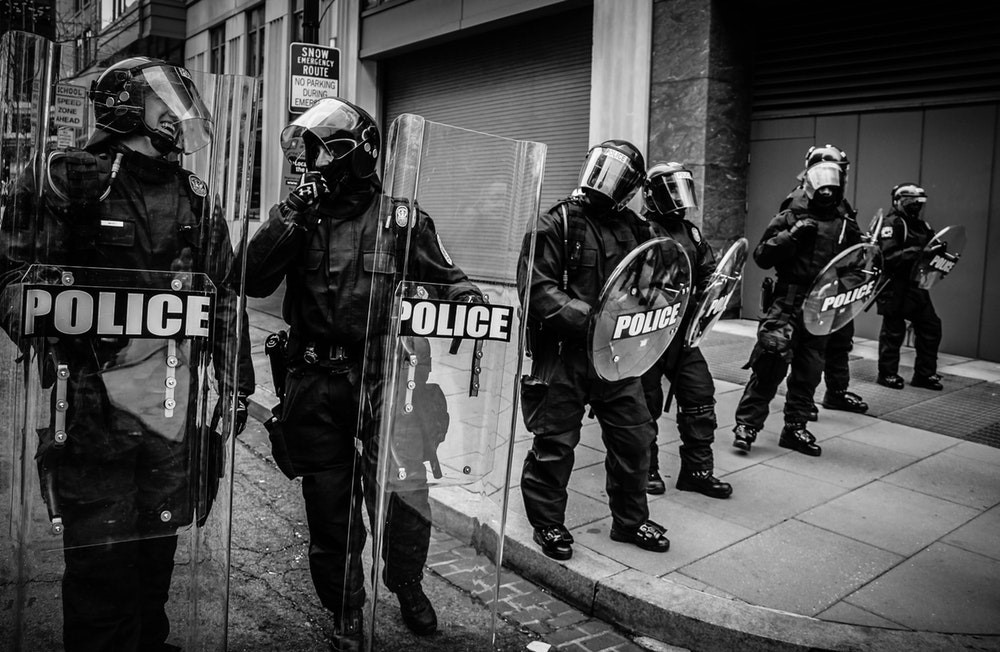
Have you been searched by the police? You may not know whether the police had a warrant or not, and you might be wondering if police can search you without a warrant. The fact is that in some cases, the police do have the power to search you without a warrant. We are going to discuss some of these situations here in the hopes it helps you better understand your rights and responsibilities when interacting with police.
Police searches explained:
- In some situations, the police can search you or your home or vehicle without your consent
- You do not have to consent for police to be able to search you
- The police can take some of your property as evidence, but there are certain rules about when property should be returned to you
Consenting to a police search
If you have been stopped by the police and they have asked you to submit to a search, you do not have to say yes. If you do not wish to consent to being searched, you can simply say no. In some situations, the police may be able to perform the search anyway.
We advise saying no to a search, but it’s best to follow the directions of the police when they ask you to do certain things. Otherwise you might be charged with obstruction. If you do refuse a search, then the police will have to decide whether they have the power to search you or if they do need to go and get a warrant.
The police can enter and search your property without a warrant if they:
- need to prevent domestic violence
- are investigating a traffic offence
- are trying to catch someone who has escaped from prison
- are looking for evidence that they reasonably suspect will be destroyed or hidden
- need to arrest someone
- come across a crime scene
Searching a person
The police can stop and search you if they reasonably suspect that you might have any of the following on you:
- a dangerous drug
- a weapon
- stolen goods
- tools which are being used to break into houses or cars
- something that you plan to use to hurt yourself or somebody else
- evidence that someone has committed an indictable offence (and this evidence may be hidden or destroyed).
The police can also search you if they believe you are a member of an organised crime group. Despite being able to search you, the police have to follow certain rules, including that searching must be limited in terms of embarrassment, and to respect your dignity. They cannot carry out any more than the necessary search to find whatever they reasonably suspect you have.
Searching your vehicle
If you have been stopped on the road, the police have the power to search your vehicle if they have a reasonable suspicion that there is something in the vehicle including the following:
- weapons
- dangerous drugs
- stolen property
- tools to break into houses or cars
- something that you plan to use to hurt yourself or somebody else
- evidence that someone has committed an indictable offence (and this evidence may be hidden or destroyed).
It is also possible for the police to stop and search a vehicle if they suspect that the vehicle is being used unlawfully, or if the vehicle is being used as part of a criminal organisation.
Property taken by the police
If the police have taken your property, they need to give you a receipt for those items, and they also must return those goods taken from you as soon as it’s no longer required as evidence. Generally this is within 28 days of the items being confiscated. Of course, if the items are illegal – such as weapons or illegal drugs – then the police are not going to be returning this to you.
Get legal advice today
We hope this information was helpful to you. If you have been searched and are doubtful of the legality of the search, or if you have a matter which is going to appear before the court and need advice and assistance, we can help.
Contact Hounsell Cunningham today on (07) 3188 5626 for comprehensive criminal legal advice and representation. We are here to make dealing with your criminal legal matter straightforward.


